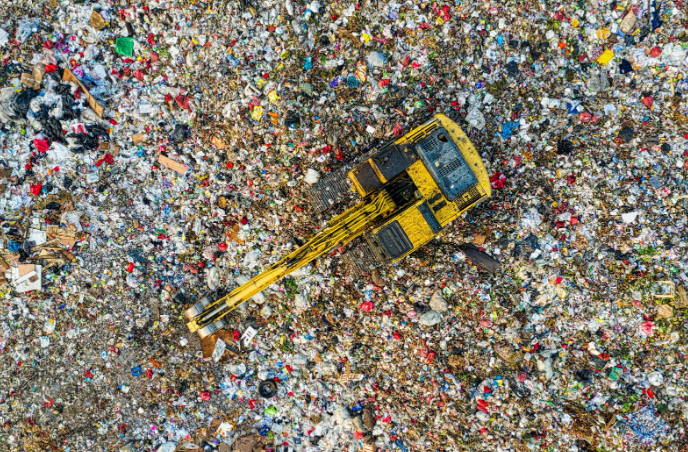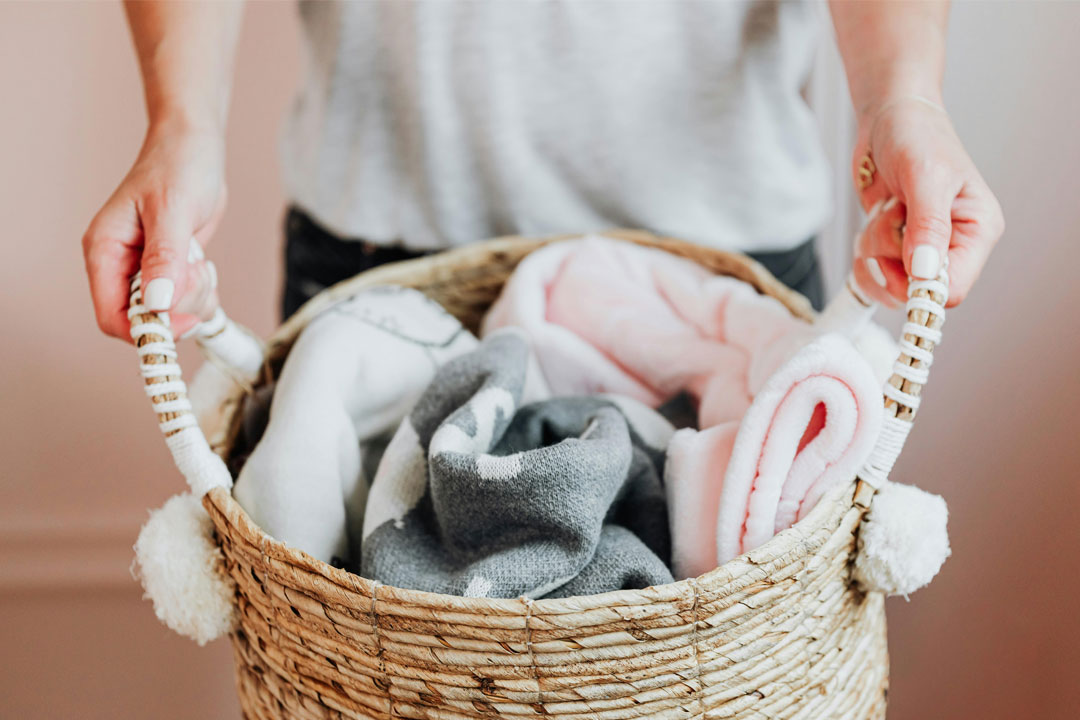Written by: Lena Bakovic
Reviewed by: Martin Wolf
Eco-friendly laundry sheets are everywhere right now. You’ve probably seen the ads: tiny, mess-free sheets that promise to replace those bulky plastic jugs with something cleaner and greener. They claim less waste, fewer shipping emissions, and biodegradable formulas.
But here’s the real question: do laundry sheets actually live up to the hype?
I’ve been testing them out in my own routine, while also digging into what experts and studies say. Let’s talk about what I’ve found—the good, the not-so-great, and where laundry sheets really fit if you’re trying to live a little lighter on the planet.
Why Everyone’s Talking About Laundry Sheets
It’s easy to see the appeal. Traditional detergents come in massive plastic bottles that clutter your laundry room and may be recycled in some places or may just eventually end up in the trash. Laundry sheets, on the other hand, are:
- Lightweight and slim
- Packaged in cardboard instead of plastic
- Easier to ship, so they rack up fewer transportation emissions
When I first tried them, I loved not having to wrestle with sticky caps or measuring cups. Just toss a sheet in and you’re good to go. It felt almost too simple—so I started wondering if the sustainability claims held up too.
Do They Really Cut Down Plastic Waste?
Short answer: yes, they can. The EPA estimates that only about 30% of empty laundry jugs actually get recycled in the United States. That leaves a staggering 70% that end up in landfills. So, detergent sheet packaging alone could contribute to the reduction of tons of global plastic waste by 2030, that’s not nothing.
I still remember when I cleaned out my garage last year and found a sad pile of old detergent jugs. It was embarrassing to see how quickly they stacked up. With laundry sheets, you’ve only got a slim cardboard sleeve—way easier to recycle or even compost if the brand uses biodegradable materials.
The catch? Not every brand is completely plastic-free. Some use hidden plastics in production or shipping. Indeed, the sheets themselves may be made from a plastic called polyvinyl alcohol (PVA). PVA dissolves and biodegrades, so it’s not waste, but it’s still a plastic.That’s why it pays to read the fine print before you buy.
What About Cleaning Power?
Of course, none of this matters if your clothes don’t actually get clean. Eco-friendly is great, but rewashing loads because of poor performance wastes both water and energy.
Here’s the balance I’ve noticed:
Pros:
- Pre-measured, no mess (you never over-pour)
- Gentle on sensitive skin (especially fragrance-free options)
- Compact and travel-friendly
Cons:
- Some brands struggle with really heavy stains
- If you have hard water, you may need to experiment to avoid buildup
As Nikki Kay Chase, founder of Era Organics, told me: “Green laundry isn’t just about skipping the jug—it’s about formulas that actually work without harming our ecosystems.”
I’ve found the better-quality sheets (like HeySunday) do hold up well, but cheaper versions can leave you disappointed.
Are They Safe for Waterways?
This is where things get a little tricky. Some brands advertise biodegradability but still sneak in synthetic polymers or microplastics. A 2022 study defined true biodegradability as breaking down into harmless materials within 28 days. That’s the gold standard to look for.
Brands that use plant-based ingredients tend to do better here. Certifications like ECOCERT, USEPA Safer Choice, or USDA Organic can give you peace of mind too. Personally, I now double-check labels the same way I do for food—if I can’t pronounce half the ingredients, I usually pass.

How to Pick the Right Laundry Sheets
With so many companies out there, it’s easy to get swept up in marketing. Here are some simple checks that help me sort the hype from the real deal:
- Read the labels carefully. Watch out for phosphates, bleach, or synthetic fragrances.
- Look for certifications. ECOCERT, Safer Choice, or USDA Organic are strong signals.
- Check packaging. Compostable or recyclable cardboard is the best bet.
- Dig into the brand. Some use lots of energy in production, which cancels out the gains. A transparent sustainability page usually says a lot.
As Aaron Joelson from Organic Solutions told me: “Packaging is only half the story. The company’s overall footprint matters just as much.”

Beyond the Product: Greener Laundry Habits
Even the most eco-friendly detergent won’t matter if our habits don’t change. Here are a few small shifts that make a big difference:
- Wash in cold water whenever possible (most sheets dissolve fine in cold).
- Run full loads instead of half-empty ones.
- Air-dry when you can—it saves energy and helps your clothes last longer.
- Use only the detergent you need (sheets make this part easy).
- Note that some laundry sheets need to be cut in half. A single sheet is meant for two loads.
When I switched to cold washing for almost everything but towels, I noticed my energy bill dip a bit. It’s one of those small wins that feels good.
So… Are Laundry Sheets Worth It?
Here’s where I’ve landed: laundry sheets are a great step forward, but they’re not a perfect solution. If you pick the right brand, they can:
- Cut down on single-use plastic packaging and packaging waste
- Work just as well as liquid detergent for most everyday loads
- Save space and hassle in your home
But—like anything eco-friendly—they’re not a magic fix. Some brands still cut corners, and not all options will be strong enough for every laundry challenge.
My Final Thoughts
For me, switching to laundry sheets has made laundry day easier and less wasteful. I love that I don’t have to lug heavy bottles or deal with sticky messes. And knowing I’ve cut down on plastic waste gives me a little boost of eco-pride every time I do a load.
If you’re thinking about making the swap, I’d say give it a try. Start with a trusted brand that’s upfront about ingredients and packaging, then see how it fits into your own routine. Pair it with a few mindful laundry habits, and you’ll be making a real difference without overhauling your life.




